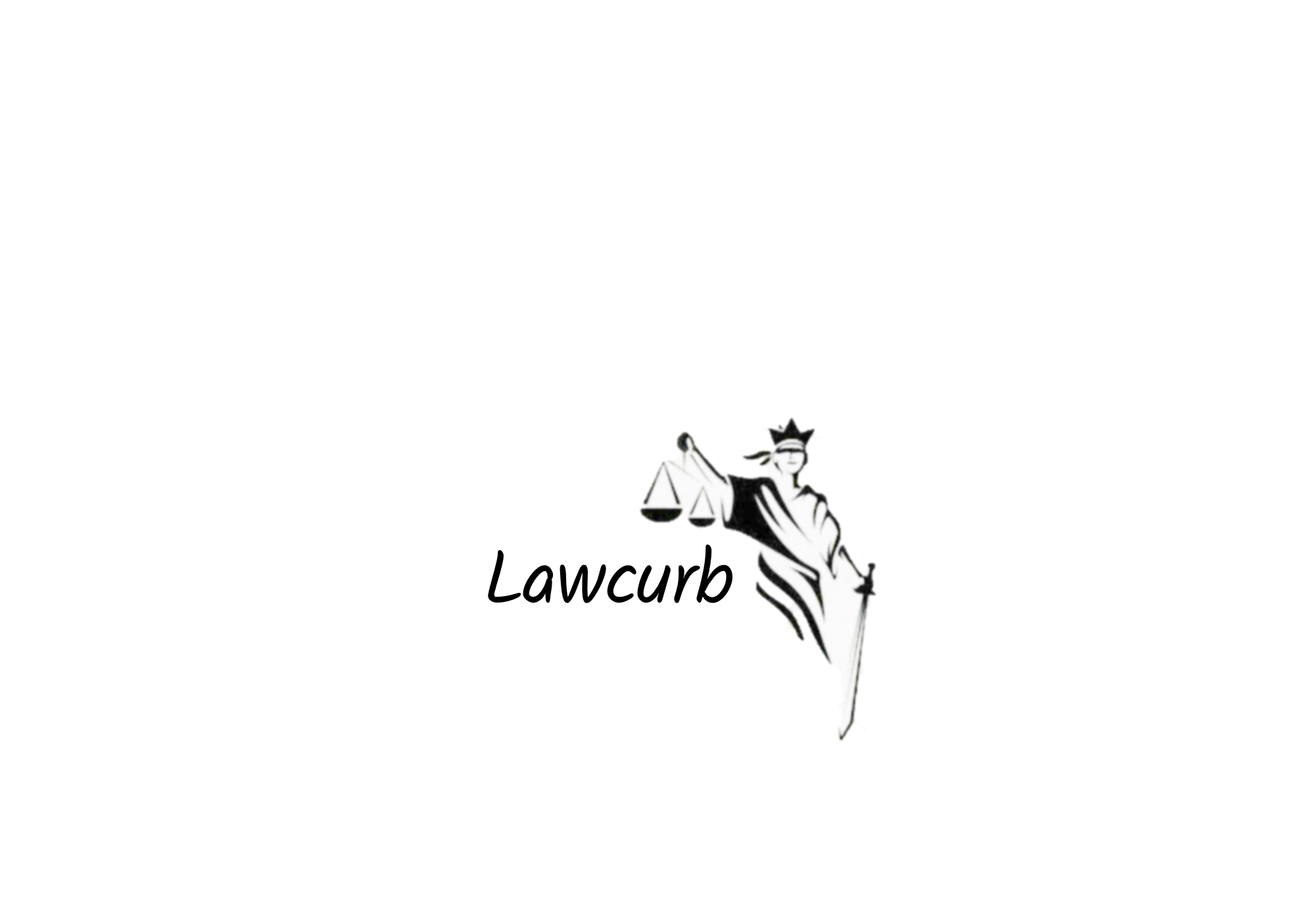Summary and Analysis of Apeejay School vs Dhriti Duggal & Anr (2025 INSC 925)
1. Heading of the Judgment
Apeejay School vs Dhriti Duggal & Anr.
Civil Appeal No. ______ of 2025 (@ SLP (C) No. 8544 of 2022)
Supreme Court of India
Decided on: August 5, 2025
Judges: CJI B.R. Gavai, K. Vinod Chandran (Author), N.V. Anjaria
2. Relevant Laws & Sections
Haryana School Education Act, 1995 (Section 22): Limits civil court jurisdiction only where government authorities have adjudicatory powers.
Haryana School Education Rules, 2003:
Rule 148: Mandates schools to notify fee structures and submit facility details (Form VI).
Rules 158A & 158B (added in 2014):
Establish the Fee and Fund Regulatory Committee (FFRC) to address complaints about "capitation fees" or "excessive fees."
Allow appeals against FFRC orders.Landmark Precedent: Dhulabhai v. State of M.P. (1968): Civil courts retain jurisdiction unless statute explicitly ousts it.
3. Basic Case Details
Parties:
Appellant: Apeejay School (unaided private school in Haryana).
Respondents: Parents/students (Dhriti Duggal & others) who refused to pay a fee hike.Dispute: School sued parents in 2014 for non-payment of fees increased during the 2009-10 academic year.
Lower Courts:
Trial Court: Decreed recovery for the school, subject to FFRC’s future decision.
Appellate Court: Reduced interest from 12% to 6% but ordered full refund if FFRC favored parents.
High Court: Dismissed suits, claiming civil courts had no jurisdiction (due to FFRC’s existence).Supreme Court: Reversed the High Court; restored Trial Court’s decree with modifications.
4. Explanation of the Judgment
Core Issue:
Whether civil courts can entertain suits by schools to recover fees when statutory bodies (FFRC) exist to regulate fee hikes.
Court’s Analysis:
No Ouster of Civil Court Jurisdiction:
Section 22 of the Act ousts civil courts only where government authorities have adjudicatory powers. FFRC does not empower authorities to enforce fee recovery (¶6, ¶10, ¶12).
FFRC’s role (under Rules 158A-B) is limited to:
Entertaining student/parent complaints about excessive fees.
Directing refunds if fees are unjustified.
Schools cannot approach FFRC to compel fee payments. Thus, civil courts remain open for recovery suits (¶9, ¶11).Limitation Period Valid:
Parents argued suits (filed in 2014) were time-barred.
Court Rejected This: Cause of action arose in 2014 after the state withdrew its appeal against the 2011 judgment quashing Haryana’s 20% fee-hike cap. Suits were filed within limitation (¶13).Refund Order Modified:
Appellate Court wrongly ordered the school to refund entire fees if FFRC favored parents.
Correction: Refund applies only if FFRC specifically invalidates part of the fee hike (¶15).FFRC Audit Cleared School:
FFRC’s audit found the 2009-10 fee hike reasonable (no profiteering/commercialization). Trial Court’s decree (subject to FFRC’s outcome) thus stands (¶17).
Final Decision:
Allowed the school’s appeals.
Restored Trial Court’s decree (fee recovery permitted).
Modified Interest: 6% p.a. (as fixed by Appellate Court).
Refund Clause: School must refund only the excess portion if FFRC later rules against the hike (para16, 18).
Key Takeaways:
Civil Courts Retain Power: Schools can sue for unpaid fees in civil courts; statutory bodies (FFRC) do not block this remedy.
FFRC’s Limited Role: Only addresses parent-led complaints about excessive fees; cannot aid schools in fee recovery.
Fee Hike Upheld: Audit confirmed the 2009-10 hike was justified.
Balanced Relief: Refunds to parents are limited to the specific fee portions deemed excessive by FFRC.
No costs were awarded (para18).




























